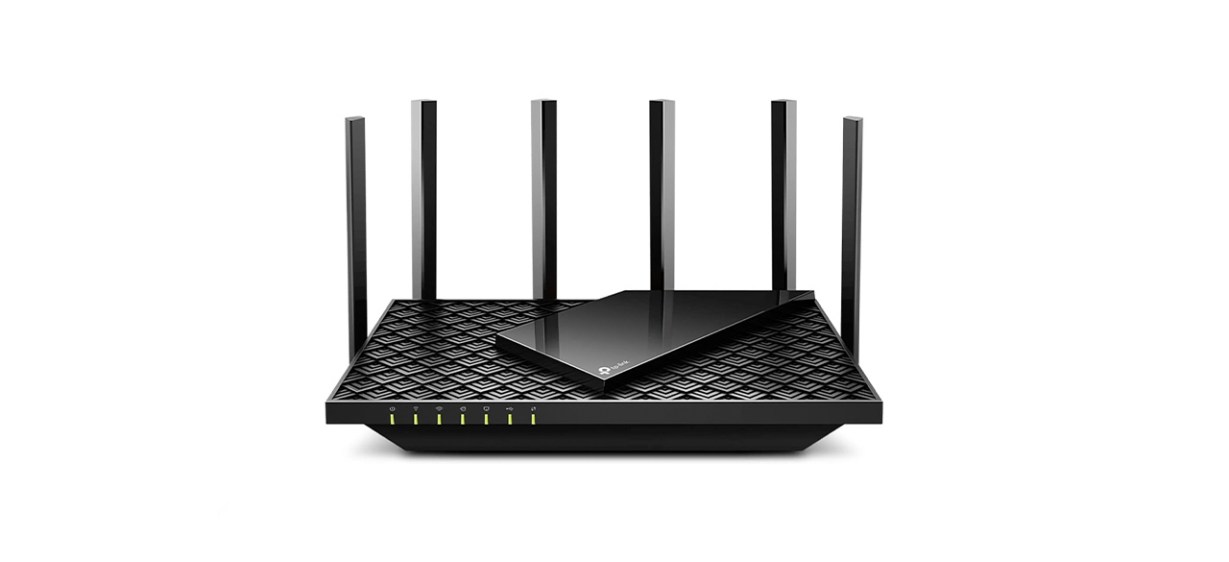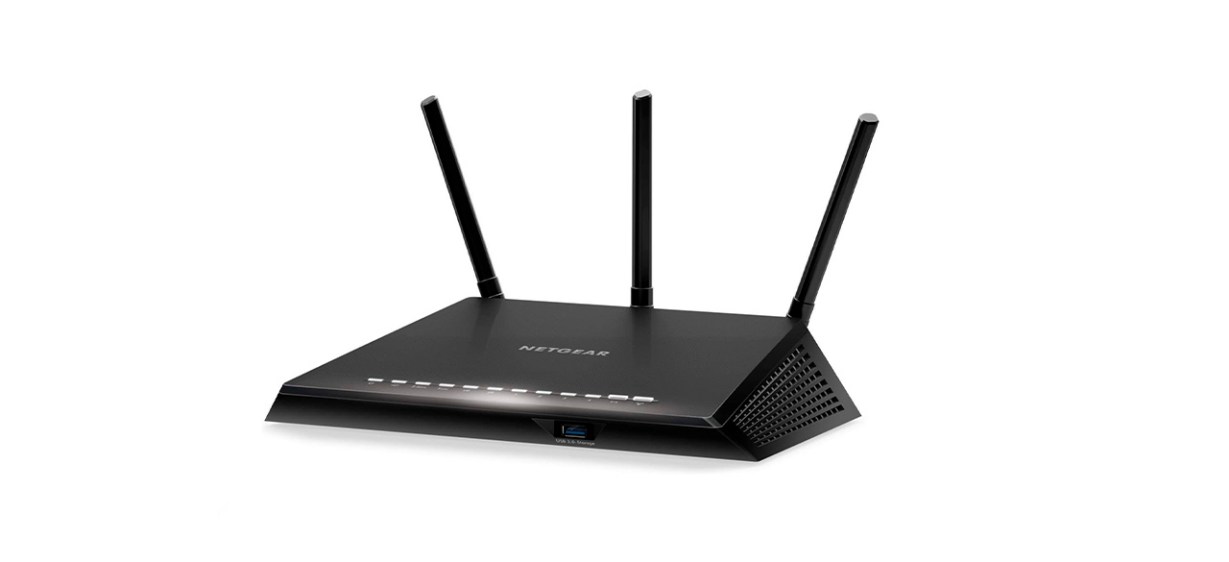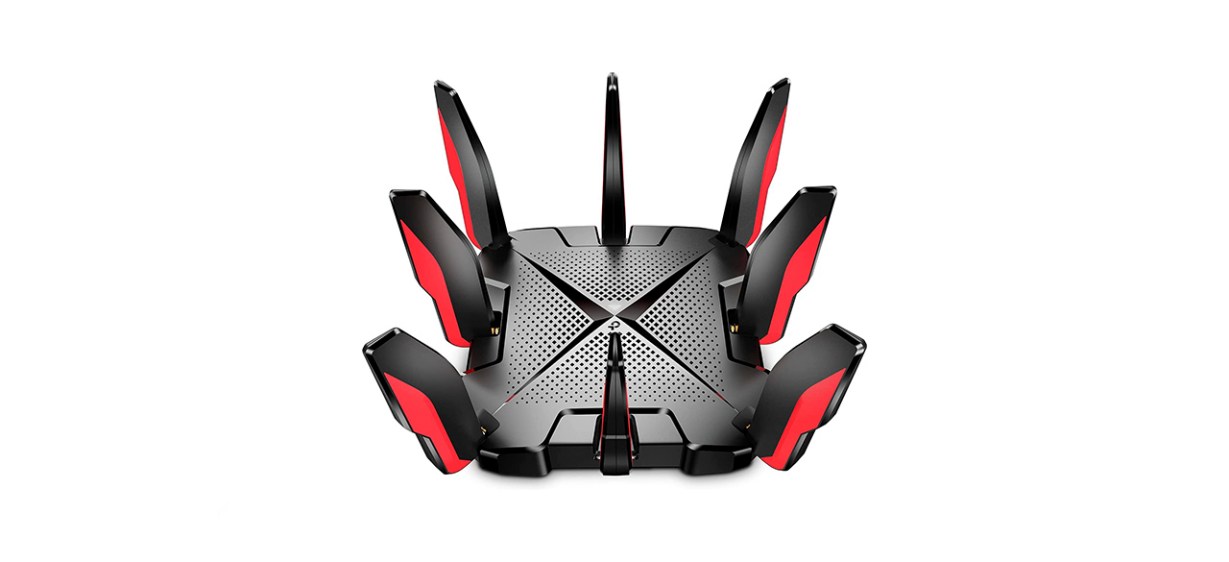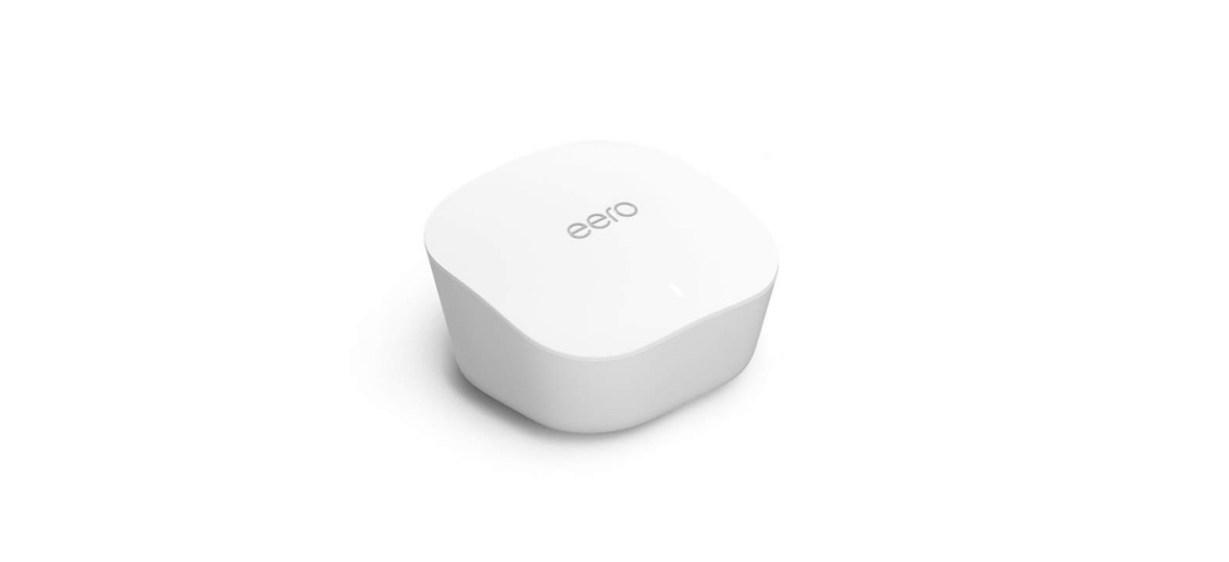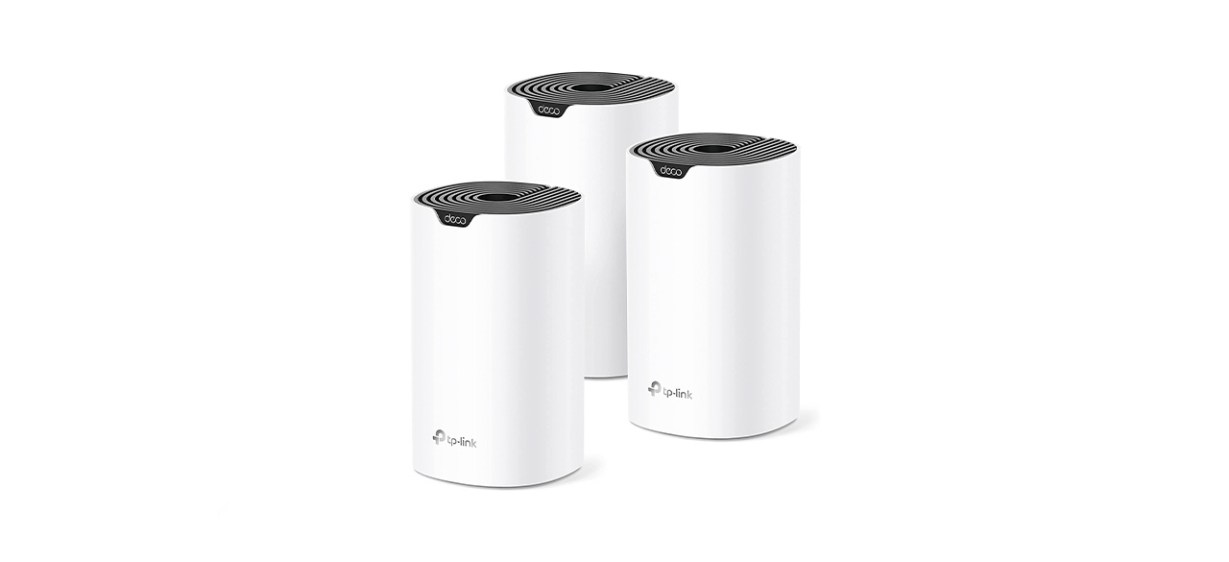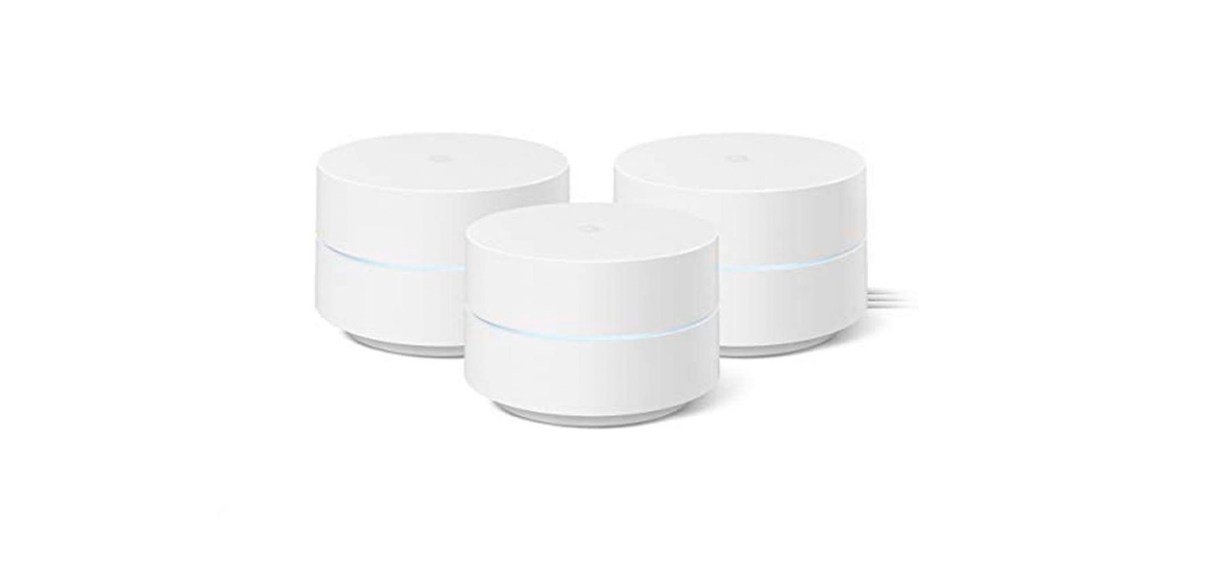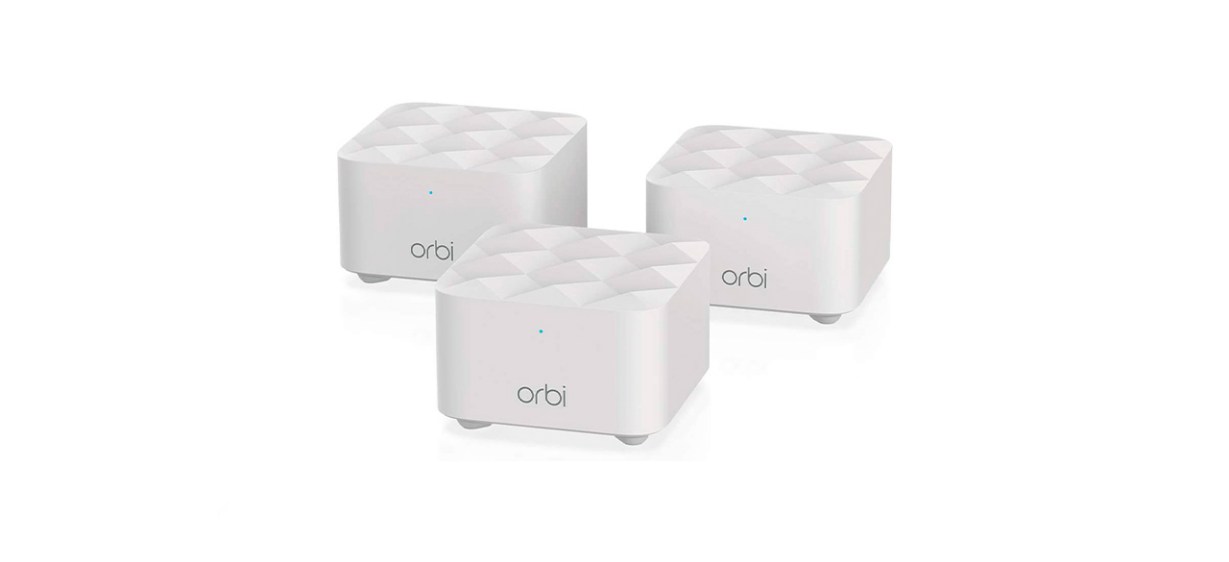Connecting to the internet shouldn’t be complicated
It’s hard to avoid needing an internet connection. Almost every business has a website, billions of people have email addresses and thousands of apps need a connection to work properly.
So getting internet into your home shouldn’t be laborious or complex. However, there are a few aspects you must consider to make the transition from mobile data to fixed internet a lot easier.
Required hardware
The router depends on your internet line
You’ve probably heard that you must have a wireless router to connect to the internet. That is true and the most crucial component, but not all routers are the same. Depending on where you live and coverage, your neighborhood might have access to fiber optical cables.
If that’s the case, then you’ll need a fiber router to convert the incoming data into a usable Wi-Fi connection. But if fiber isn’t an option, you might have access to a cable connection or the somewhat older ADSL internet technology. In either case, you’ll need a router to handle the connection.
Most internet service providers supply a router as part of a signup package, but it’s often a good idea to buy your own third-party hardware. The supplied routers are often not as fast or reliable and when you switch ISPs, you need to give them back. But if you buy your own, you are free to choose the brand you prefer and you keep the router when you switch.
Get a dual-band router that transmits the signal in 2.4 gigahertz and 5 gigahertz. Most devices use 2.4 Ghz but the band is nearing its saturation point, where interference is almost unavoidable. However, the 5 Ghz band is less congested, allowing for a more stable connection.
Internet service providers and packages available
The connections available in your neighborhood depend on the internet service providers that cover the area. If you can’t find the information by Googling your address with the word “fiber,” there are several checkers online that can help.
Once you know which ISP is operating in your area, browse through the available packages. Keep in mind that prices increase with higher speeds, and aim for a package that has unlimited data or no throttling when you reach an arbitrary amount of data.
Coverage of your property
Routers have different internal components to better suit a particular environment. For example, an average household router is powerful enough to provide internet to all rooms on one floor. But if you need wider coverage for more rooms, you can look at a more powerful router.
There are also special routers that you can use outdoors, to give you internet while hosting a pool party or working in the backyard.
Extenders and repeaters
A regular router’s Wi-Fi signal can only go so far before you must intervene. If you live in a house with multiple floors or several rooms spaced out over a large area, a single router won’t provide the best coverage.
In these situations, it is best to set up a few Wi-Fi extenders or repeaters. These gadgets take the existing wireless connection and extend it beyond the initial reach. For even larger properties, you might want to invest in a mesh Wi-Fi system.
Instead of extending the signal, each mesh node broadcasts its own Wi-Fi connection. This creates a network of nodes that bounce the connection around to provide the best coverage while not compromising on quality and speed.
Connecting to a router
Devices
Naturally, you can only connect a device to the Wi-Fi connection if it has a wireless receiver built-in. Virtually all modern mobile phones and tablets have that. All you need to do is open the settings of your mobile phone, tap on the Wi-Fi option and select your network.
You’ll be asked to input the password created during the setup process, and once correctly entered, your phone will be on the Wi-Fi network. The same process is how you connect a tablet, e-reader or smart TV.
What you need to buy for getting onto Wi-Fi
Best routers
TP-Link AX5400 Wi-Fi 6 Router (Archer AX73)
For a fast browsing experience, this router provides a maximum speed of 5.4 gigabits per second, although 4.8Gbps is allocated for the 5 Ghz band. It has six antennas that provide more area coverage than other routers.
Where to buy: Sold by Amazon
Netgear Nighthawk Smart Wi-Fi Router
This router can connect 25 devices simultaneously to the Wi-Fi network and covers about 1,500 square feet. It has four Ethernet ports and one USB 3.0 port for a wired connection. The router has dual-band frequencies and three antennas.
Where to buy: Sold by Amazon
TP-Link AX6600 Wi-Fi 6 Gaming Router (Archer GX90)
Perfect for video gamers, this router has eight antennas that work on the HE160, 5 Ghz and 2.4 Ghz tri-band frequencies. It detects and optimizes the signal for gaming streams and has one 2.5Gbps ethernet port and one 1Gbps port.
Where to buy: Sold by Amazon
This stand-alone router can cover 1,500 square feet and connects directly to your modem for more coverage. It is compatible with most internet service providers and intelligently routes traffic to avoid congestion or buffering.
Where to buy: Sold by Amazon
Best mesh Wi-Fi systems
TP-Link Deco Mesh Wi-Fi System
If you want to cover an enormous area with stable Wi-Fi, then this mesh kit is the perfect solution. It can cover up to 5,500 square feet and you don’t need separate login details for each router. It connects up to 100 devices with a maximum speed of 1.2Gbps.
Where to buy: Sold by Amazon
Google AC1200 Mesh Wi-Fi System
Google’s Wi-Fi option is meant to replace your traditional router (if you have one) and any other nodes that provide connectivity. One node can cover up to 1,500 square feet while three can cover 4,500 square feet. It works on the 5 Ghz and 2.4 Ghz bands and provides a maximum speed of 1.2Gbps.
Where to buy: Sold by Amazon
Orbi Whole Home Mesh Wi-Fi System
This three-node mesh system can cover up to 4,500 square feet and has a maximum download speed of 1.2Gbps. It is compatible with all ISPs, is easy to set up and has an Ethernet port for a wired connection.
Where to buy: Sold by Amazon
Want to shop the best products at the best prices? Check out Daily Deals from BestReviews.
Sign up here to receive the BestReviews weekly newsletter for useful advice on new products and noteworthy deals.
Charlie Fripp writes for BestReviews. BestReviews has helped millions of consumers simplify their purchasing decisions, saving them time and money.
Copyright 2022 BestReviews, a Nexstar company. All rights reserved.

